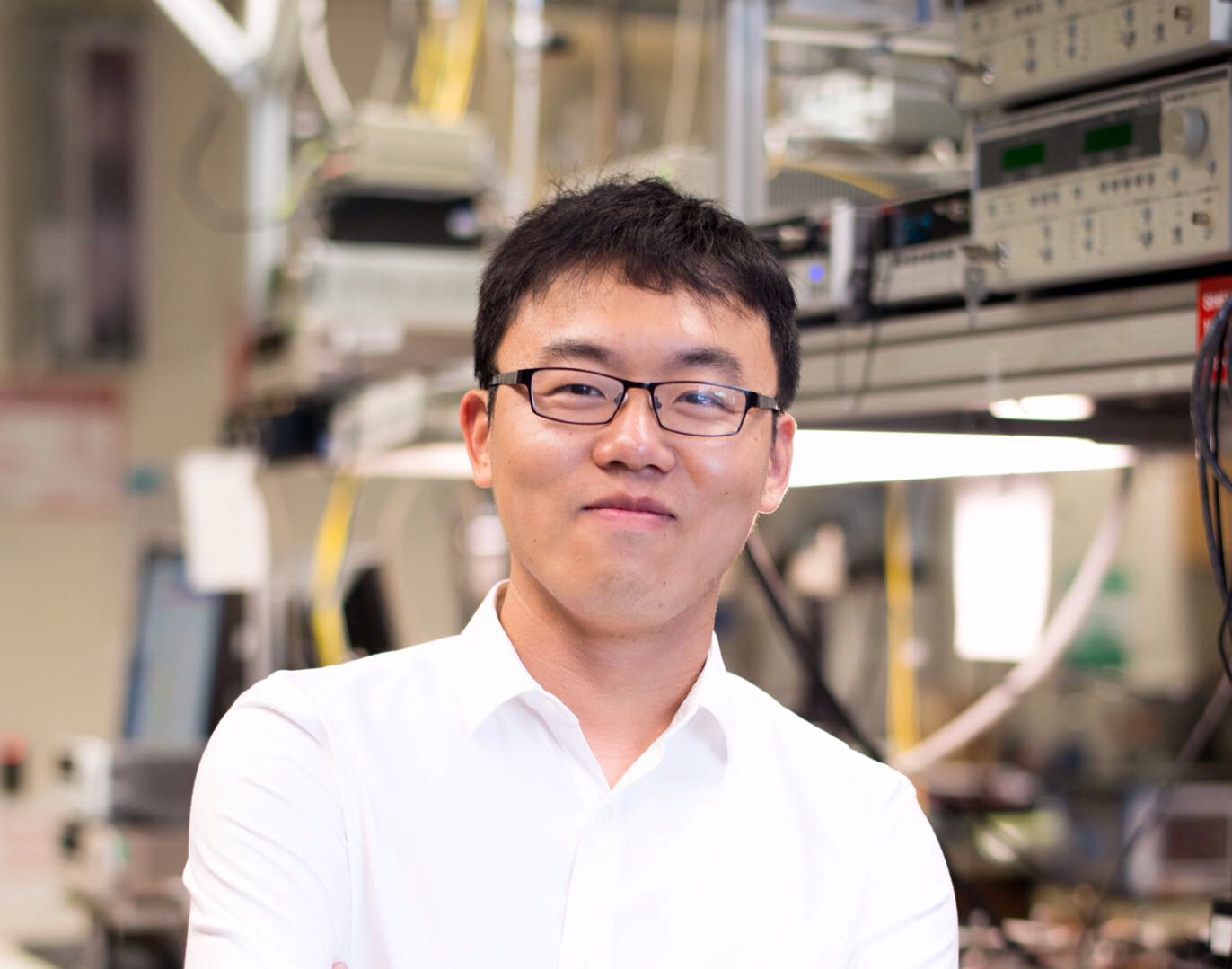
Lin Chang is currently a Peking University Boya Young Fellow, an Assistant Professor, and a Ph.D. supervisor. His research focuses on photonic chips, including silicon photonics, semiconductor lasers, microresonator-based optical frequency combs, and quantum optics. He has demonstrated an ultralow-loss heterogeneous silicon photonics platform integrating silicon nitride, lithium niobate, and III–V semiconductors, and has developed high-performance silicon-photonics on-chip lasers, optical frequency combs, and quantum light sources—advancing optical communications, lidar, optical computing, and integrated photonic quantum technologies. He has led projects under the National Key R&D Program of China (Ministry of Science and Technology) and Key Projects of the Beijing Municipal Natural Science Foundation (BNSF), and participated in Major Programs of the National Natural Science Foundation of China (NSFC). He has received a number of honors, including the 2022 Rising Star of Light and the 2023 IEEE Photonics Society Young Investigator Award. His work was recognized among the Top Ten Advances in Fundamental Research Worldwide (2020) and the Top Ten Socially Influential Events in Optics in China (2022). Core technologies from his group have been industrialized by several well-known chip companies and startups.
As first and/or corresponding author, he has published 30+ papers in leading journals, including Nature (3 papers), Science (1), Nature Photonics (3), and Nature Communications (6). He was invited to write a review on lithium niobate photonics for Science and a review on integrated optical frequency combs for Nature Photonics. His work has been featured on front pages or covers by the American Physical Society (APS), Optica and others. He serves as an invited reviewer for journals such as Nature, Nature Photonics, and Nature Communications.

 back
back back
back back
back back
back back
back back
back back
back